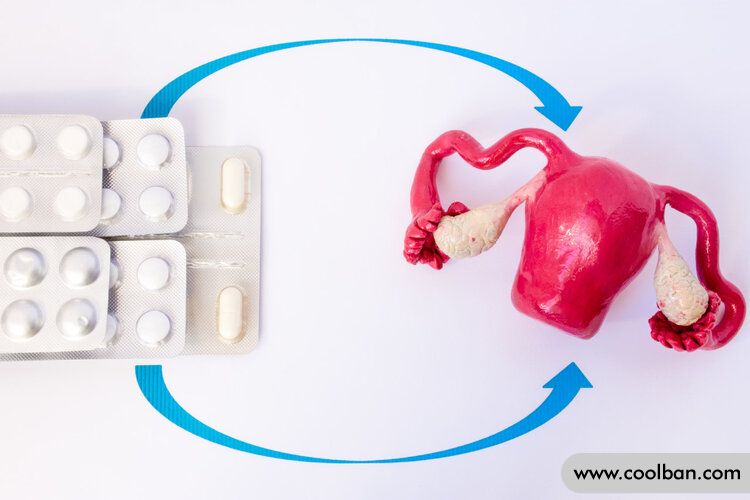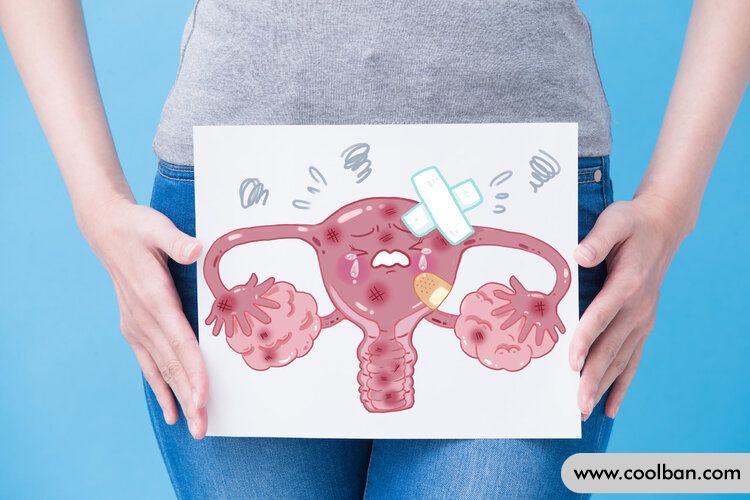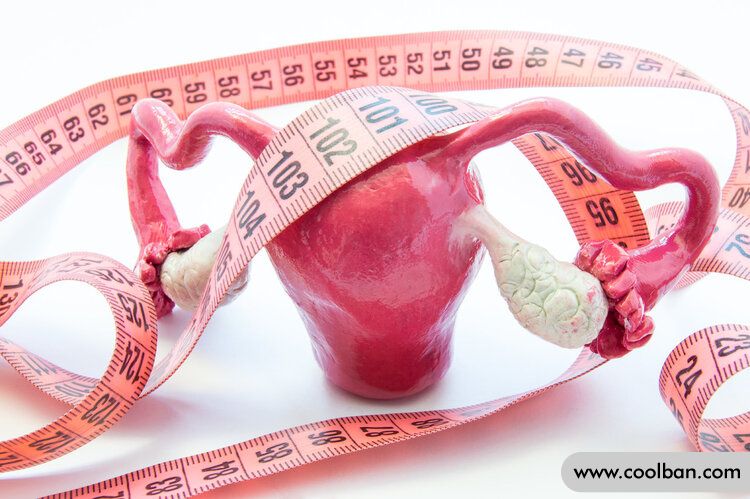What is the postmenopausal bleeding in women?
What is the matter with postmenopausal bleeding in women ?
Some women think that as long as they have menstruation, they are young. Therefore, after menopause, some women are very happy when they menstruate again, thinking that it is a sign that their bodies are getting younger. As everyone knows, for women who have entered menopause, menstruation again is not a good thing.

Menopause means that the ovaries are aging. Then, vaginal bleeding after menopause means that there is something in the body that does not match your age, and you should seek medical attention immediately.
Two types of tumors should be alerted to postmenopausal bleeding
Postmenopausal vaginal bleeding, the most common is endometrial polyps, the most dangerous is gynecological malignant cancer, such as cervical cancer, fallopian tube cancer, ovarian cancer, etc., of which 90% of patients with endometrial cancer are postmenopausal clinically Symptoms of vaginal bleeding. In addition, some inflammations can also cause postmenopausal vaginal bleeding, such as endometritis, senile vaginitis, and cervical polyps.
Among them, for postmenopausal vaginal bleeding, special attention should be paid to two cancerous possibilities:
1. Endometrial cancer
Endometrial cancer is a group of epithelial malignant tumors that occur in the endometrium. It is most common in postmenopausal women. In recent years, due to changes in living habits, the age of onset has been significantly advanced to 24-44 years old.
Vaginal bleeding caused by endometrial cancer can be long or short, and the amount of bleeding can be more or less, so it is often mistaken for menstruation, which is easy to ignore.
In addition, endometrial cancer will also have some symptoms such as abnormal vaginal discharge, abdominal pain, and a large amount of foul-smelling pus and blood-like fluid discharged from the vagina.

2. Cervical cancer
Cervical cancer is the most common gynecological malignancy, with two peaks in the age of onset, 35-39 years old and 60-64 years old, with no obvious symptoms in the early stage. Postmenopausal women should be alert to cervical cancer if they experience vaginal bleeding.
The study found that postmenopausal women with lower estrogen levels, reduced cervical squamous epithelium layers, reduced cervical stroma, and an increased risk of cervical cancer. In addition to a small amount of vaginal bleeding during non-menstrual periods, the typical symptoms of cervical cancer include abnormal vaginal discharge, which is characterized by blood in the vaginal discharge, abnormal color or smell.
When symptoms of suspected endometrial cancer or cervical cancer are found, it is recommended to go to the hospital for cytological examination and cervical and endometrial biopsy in time.

Menopausal women should take care of themselves
For women, everyone goes through menopause. If you do not take good care of menopause, it is easy to be "targeted" by various diseases. Therefore, menopausal women should pay attention to their own care and take the following measures:
1. Reasonably adjust the diet
Menopausal women are prone to water and electrolyte imbalances, causing swelling of the face or limbs. If they are not adjusted in time, they can also lead to high blood pressure. Therefore, salt intake should be strictly controlled. In addition, menopausal women are also prone to problems with glucose metabolism and fat metabolism, leading to elevated blood sugar and obesity. All should limit the intake of sweets, animal offal, animal fat, etc., and eat more whole grains and fresh fruits and vegetables.
2. Guaranteed sleep
Menopausal women are prone to insomnia due to menopausal syndrome, anxiety, and discomfort caused by elevated blood pressure, which then forms a vicious circle. Therefore, menopausal women must ensure a good night's sleep. Don't go to bed too late. Be ready to go to bed before 10 pm. Before going to bed, you should adjust your emotions and don't let your brain get too excited. Don't eat too much before going to bed, it can easily affect the quality of sleep.
3. Moderate exercise
Moderate exercise for menopausal women can relieve menopausal symptoms and enhance physical fitness. Menopausal women are recommended to do at least 150 minutes of moderate-intensity aerobic exercise every week, and they can choose walking, jogging, dancing, swimming and other sports according to their personal preferences and physical fitness. Also, perform muscle tone exercises 2-3 times a week to build muscle mass and strength.

Menopause is a special period for women, which brings various discomforts to women and may cause diseases. Therefore, when entering the menopause, you must treat yourself well. If you have abnormal symptoms such as vaginal bleeding, you should seek medical treatment as soon as possible to find out the cause.
